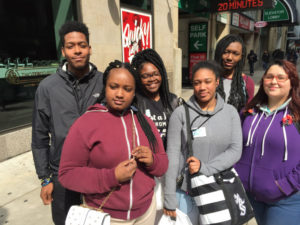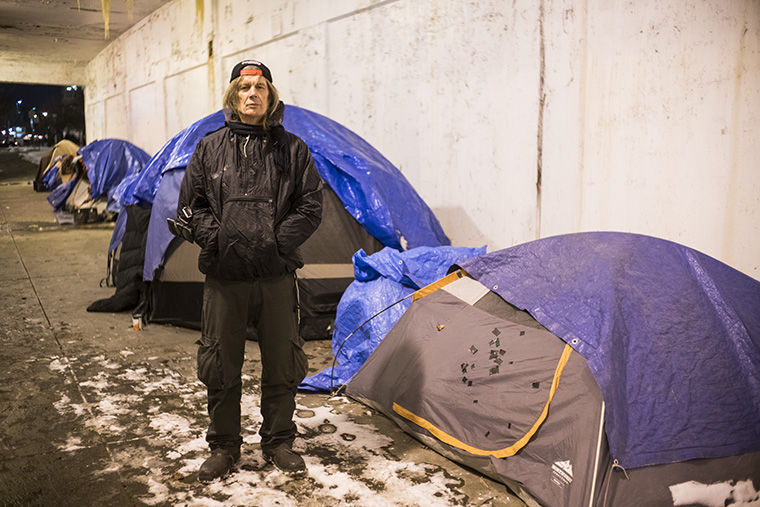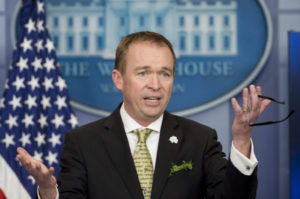By Vince Gerasole
(CBS) — For the first time, the city of Chicago has some money to helpfamilies who don’t fit the traditional definition of the word “homeless.”
Most people who are without a home are not living on Lower Wacker Drive or beneath an expressway underpass, according to the Chicago Coalition for the Homeless
Their new definition of homeless includes families who are “doubled-up,” their term for families living temporarily with relatives or friends and not in a shelter.
They say more than 80 percent of homeless people are doubled-up.
Dominique Moore and her two children spent four months living with cousins before they went to a shelter. She says the shelter was actually better.
“Your family — you get in expecting them to be more open and welcoming, knowing that you’re in a bad situation. But you only get bad results,” Moore, 27, says.
Areasha Jackson is another example. She raises two daughters in a single room in a friend’s basement, while working as a home care aide for $250 a week.
“I get up and go to work every day and try and do my best and just pray — that’s it,” Jackson tells CBS 2’s Vince Gerasole. LINK TO THE TV video here.
Federal money has not been available to help doubled-up families. But now the city says a portion of $1.8 million from a city surcharge on Airbnb rentals will help some of those families.
A new count estimates there are 82,000 homeless people in Chicago, most of them in the doubled-up situation.




